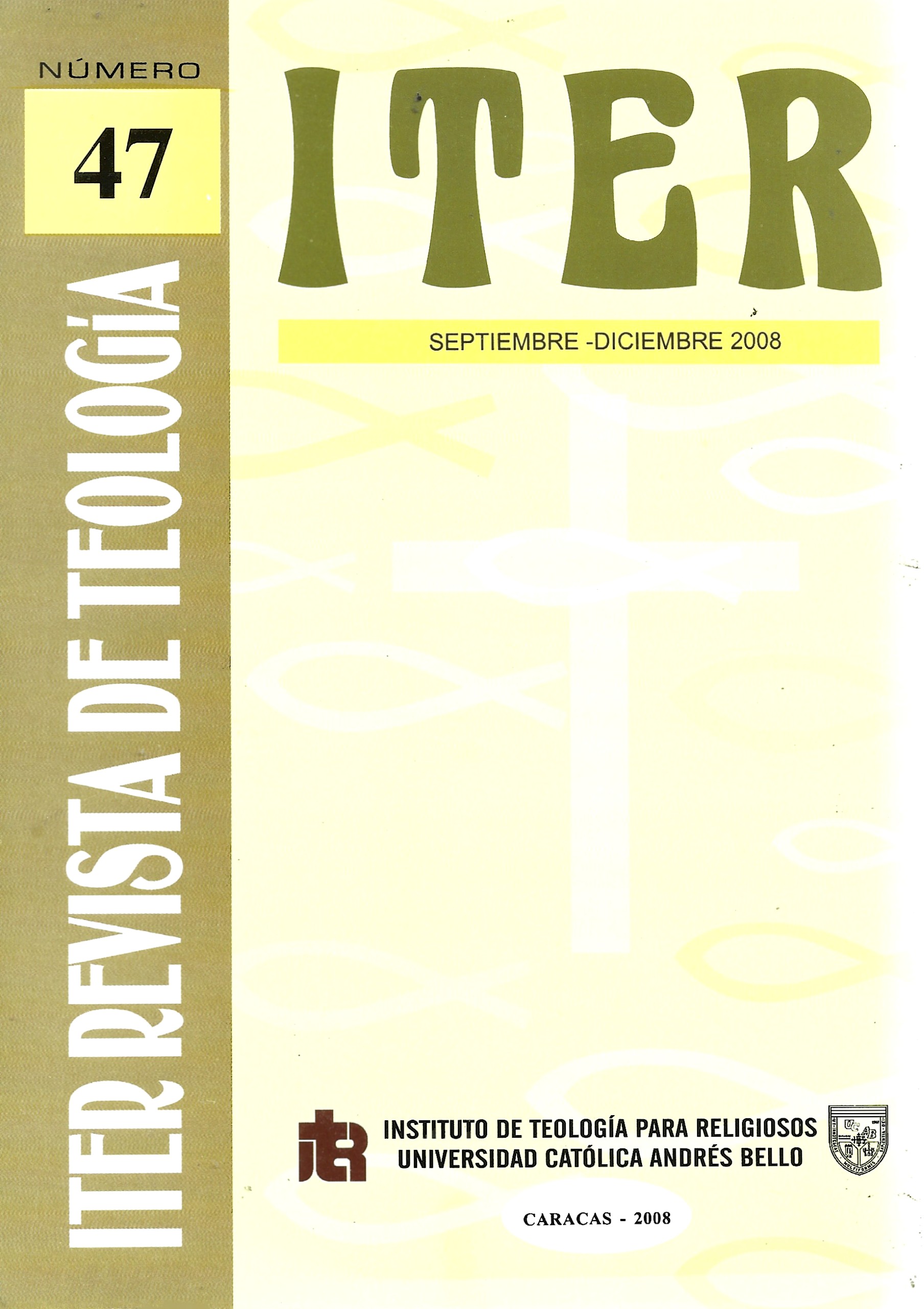UNA RESPUESTA A LA CRÍTICA DE FREUD A LAS RELIGIONES
Palabras clave:
psychology, psychoanalysis, religion, mystique.Resumen
-- For someone fond of describing himself as a godless Jew, Sigmund Freud devoted a remarkable amount of time and energy to the study of religions. Whatever one 's final judgment on Freud's work, his legacy and actuality are both enormous and unquestionable. We owe much of the way we thing and talk today to him. Freud argued that religion arises from illusion and it serves to repress instincts that would ultimately tear society apart. Freud's basic question in relation to religion circulates around the nature of prohibition. Mystique could be an answer to this Freud's critique ofreligion because it is the total experience of things as they are. It is notan illusion; mystique is contemplation and action, union with God and with each other. It also can be said that mystique is more than an organization of repressive commandments. Mystique has obviously sorne risk involved (e.g. cultural perspectives, personal biases ... ), but it is an experience that doesn't separate us from reality (it is notan illusion), it neither repress our desires (it is liberation). Mystique can purify religionsfrom illusions and repressions, and it can be a response to Freud's critique to of religions.
Descargas
Archivos adicionales
Publicado
Número
Sección
Licencia
Derechos de autor 2025 ITER Revista de Teología

Esta obra está bajo una licencia internacional Creative Commons Atribución-NoComercial-SinDerivadas 4.0.

